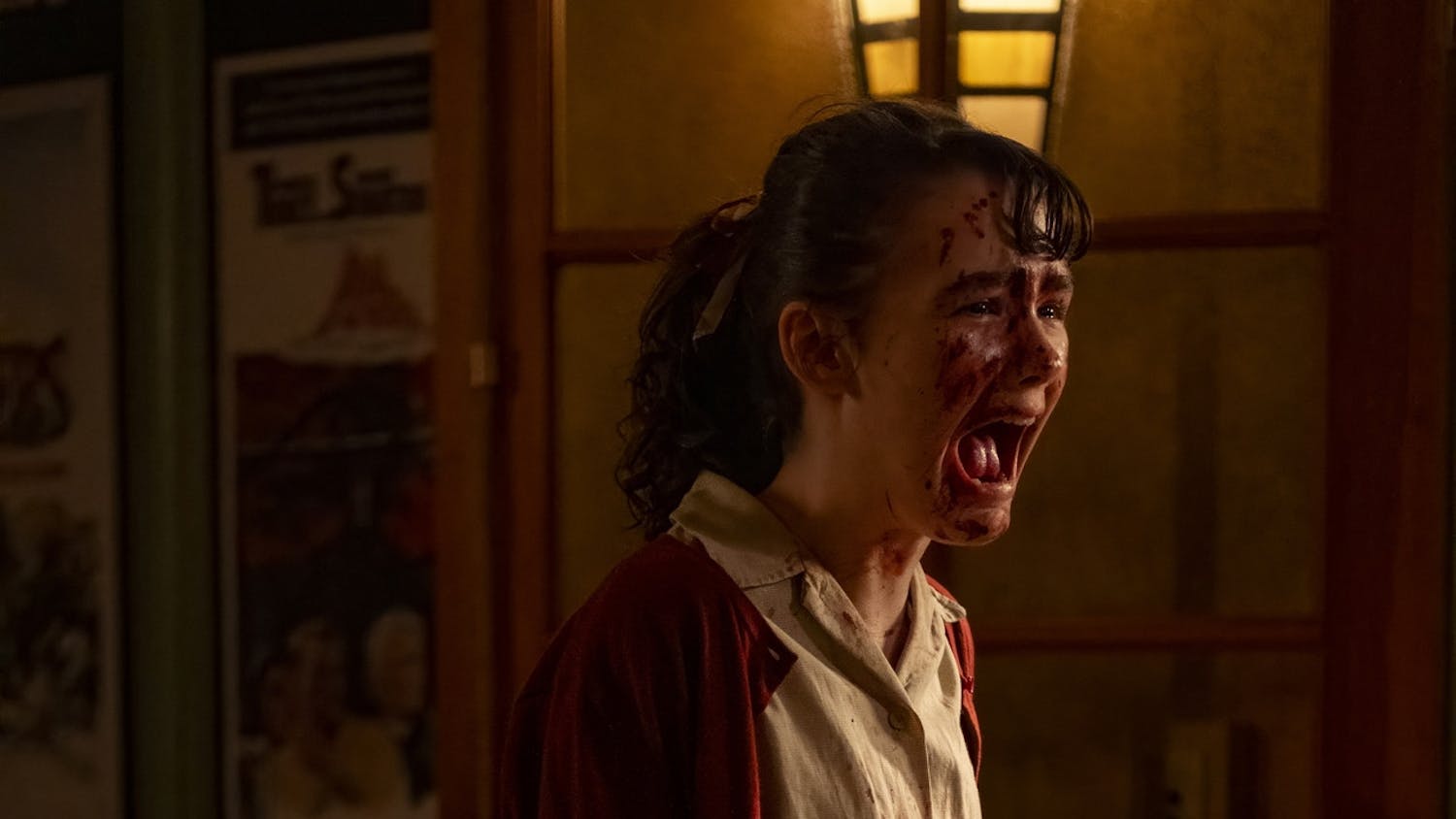The Ohio University Women’s Center and Multicultural Center partnered to screen the documentary Dark Girls, which discussed the issue of colorism, or when people are judged based off the tone and darkness of their skin.
As the lights in the room dimmed, the noise from the crowd silenced when a young child appeared on screen.
“I don’t like to be called black,” she says as the film begins.
About 40 Ohio University students and faculty gathered in Tupper Hall on Thursday afternoon to watch and discuss the documentary Dark Girls.
The documentary was shown as part of the “Race, Gender and Culture Film Series” created by the Women’s Center and the Multicultural Center. The series is meant to discuss several issues ranging from colorism to religion.
Dark Girls focuses on the issue of colorism which has been described by Sarah Jenkins, the program coordinator of the Women’s Center, to be the difference in how black people are perceived based on the tones and the darkness of their skin.
In her opening speech, Robin D. Muhammad, the chair of the African American Studies department, spoke about how “slurs, stereotypes and stigmas” are still being thrown at black women in the United States.
Muhammad used the example of how dark-skinned black women are “relegated to the sexualized lower classes” while light-skinned black women were “evidence of white promiscuity.”
“(The goal) for this screening was that we could have a productive conversation with a skilled discussion leader with a diverse group from Ohio University,” Jenkins said.
It was necessary to talk about colorism, Jenkins said, as it is a subset of racism that is not often talked about. She added that she was glad the students were able to talk about it.
{{tncms-asset app="editorial" id="dd99b22e-cb9f-11e5-b7c9-1738cfc8a425"}}
“I learned a lot about how other people are going through the same issues as I do because I’m obviously dark-skinned and I never realized it was a global issue either,” Aissata Diallo, a sophomore studying exercise physiology, said. “(Places) like Korea and Philippines are going through the same issue (of colorism) too.”
It was important that the documentary was shown to educate students about colorism, Ivana Woods-Murphy, a freshman studying biological sciences, said.
“A lot of people don’t really know a lot about (colorism),” Woods-Murphy said.“Even if you are black, if you don’t have this conversation, you’ll never know that there actually is a problem.”
After the documentary, Muhammad led a brief discussion to analyze the documentary and how students can deviate from the norm and embrace their skin regardless of its color.
“Our skin is the largest human organ. … Its color, texture and elasticity surrounds most our other organs,” Muhammad said. “In so many ways, our skin is the home we live in.”
@summerinmae
my389715@ohio.edu






